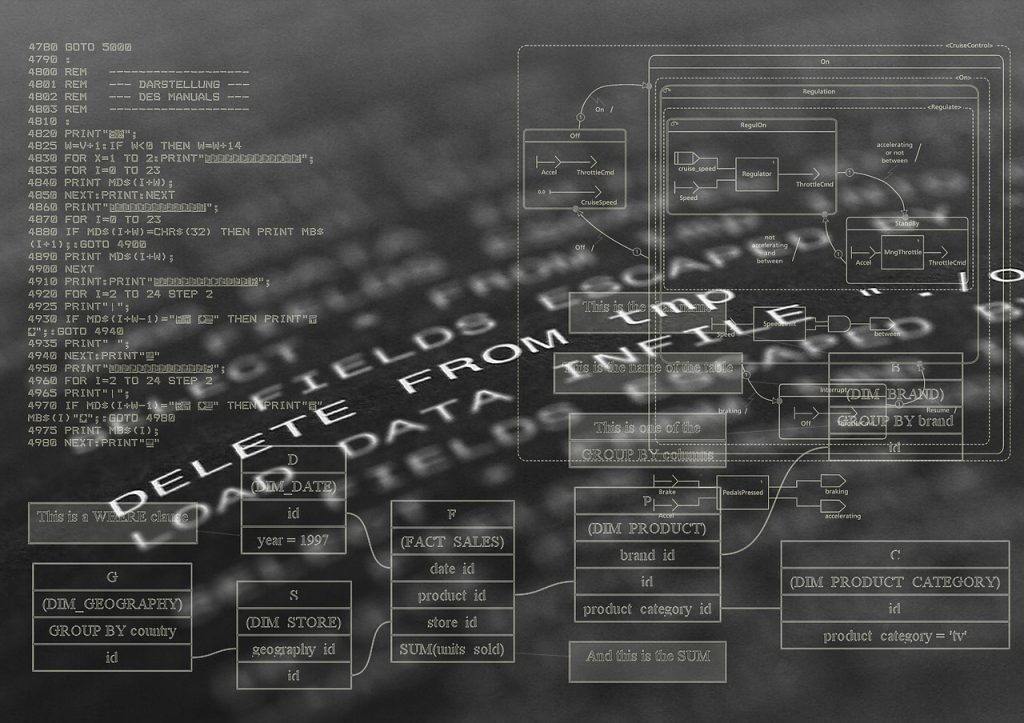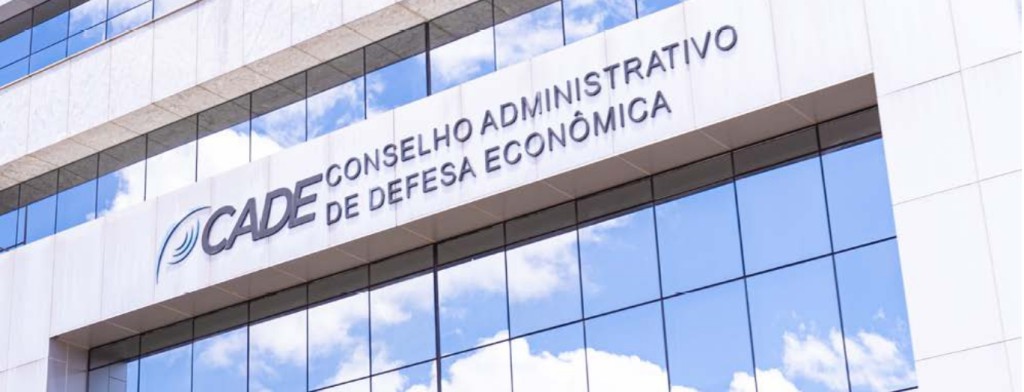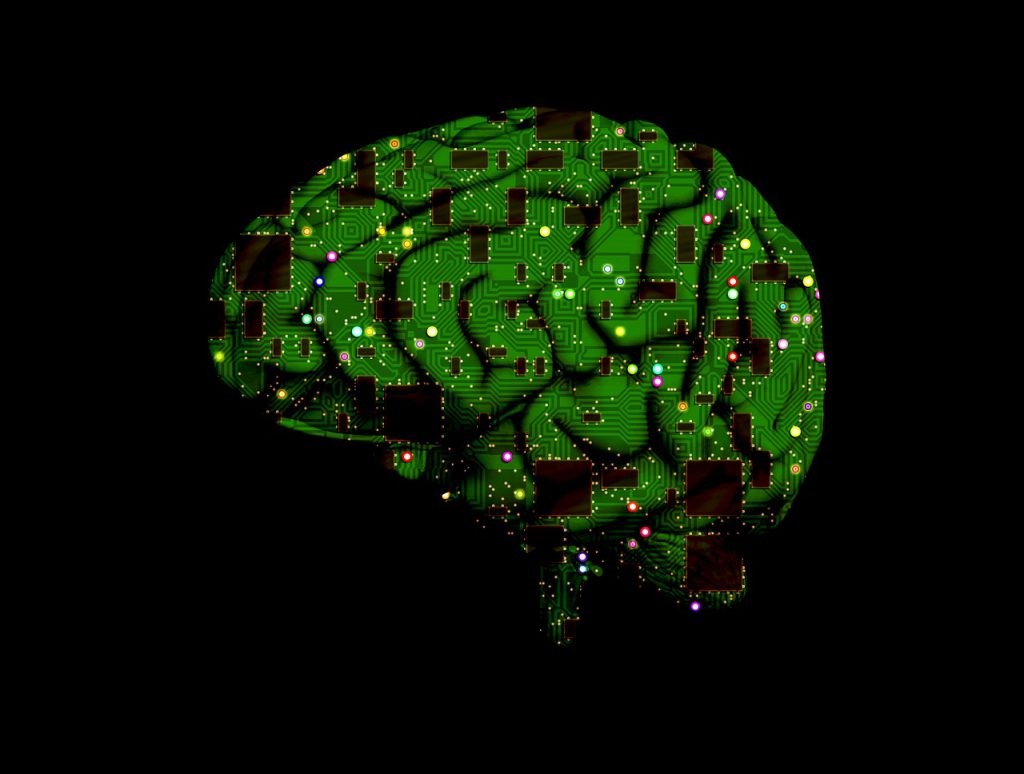
Evidentiary Standard adopted by Cade in cartel cases
*This is an AI-powered machine translation of the original text in Portuguese.
**The image used in this article was created by a generative artificial intelligence.
*** Originally published in Conjur.
The Administrative Council for Economic Defense (CADE), when investigating violations of the economic order, especially coordinated conduct, employs a diverse set of evidentiary elements, including indirect, unilateral, or third-party evidence. These modalities share the common characteristic of requiring deductive reasoning to reach the conclusion that a fact or circumstance occurred.
However, the use of circumstantial evidence in forming CADE's judgment requires special care to ensure compliance with due process, pointing to CADE's jurisprudence that condemnable judgments cannot be exclusively based on this type of proof.
But is this standard of evidence still observed for convictions by the Authority? To answer this question, cartel cases judged from 2022 to 2023 were analyzed, excluding those lacking significant discussions on evidentiary standards, indirect, unilateral, or third-party evidence.
In most cases, the use of these types of proof requires supplementation with other evidence of the accused company's participation in anticompetitive conduct, including, but not limited to, testimonies, attendance lists, and phone records.
This is because, in isolation, such evidence is generally insufficient to substantiate the condemnation of a represented entity for participating in a cartel.
However, the extent of the evidentiary set can, exceptionally, be considered sufficient for condemnation, even if composed solely of indirect and/or unilateral evidence. It is also noted that, in either case, the evidentiary standard for the conviction of individuals is higher than that for legal entities.
Indirect Evidence
Indirect, indicative, or circumstantial evidence is defined by law in Article 239 of the Criminal Procedure Code, which characterizes them as elements related to a fact that, through induction, allows the affirmation of the existence of another.
Thus, indirect evidence enables the confirmation of a secondary fact by inferring its truth from indicators not directly related to the event. Therefore, generally, isolated indirect evidence is not capable of sustaining a conviction.
The concept of indirect evidence and its application have equal incidence in the administrative process, as established by CADE (Administrative Council for Economic Defense), including in the Guide "Probative Recommendations for Leniency Agreements with CADE," elaborated by the autarchy:
"Indirect or circumstantial evidence is that which does not directly prove the agreement but provides useful situations for understanding the adjudicated conduct, eventually allowing one to assume that they occurred through logical inferences. They deal with 'a different fact, from which a conclusion about the main fact can be drawn.' Thus, 'the evidence offers the judge information that can only be used as a premise for an inference that concludes with a main fact of the case'." (emphasis added by the authors)
Although it does not prohibit the possibility of exclusive conviction based on indirect evidence, it is clear in CADE's jurisprudence that the decision must be based on an extensive body of evidence, not solely on isolated indirect proofs.
According to the consolidated international practice of using indirect evidence in the prosecution of cartels and the OECD recommendation, there should be an analysis of indirect circumstances in a holistic manner, favoring a cumulative perspective rather than an individualized analysis of factors. This approach allows for the accumulation of individually weaker evidence to potentially present a robust panorama of evidence as a whole. Additionally, these considerations must be guided by the presence or absence of plausible alternative explanations for the evaluated indicators. Only in this scenario would it be possible for conviction through circumstantial evidence.
Unilateral or Third-Party Evidence
Unilateral evidence pertains to those evidentiary elements crafted by only one of the parties but that impact a third party or the other party in a specific case. Based on CADE's (Administrative Council for Economic Defense) Procedural Recommendations Guide, it is observed that evidence produced by third parties, when considered in isolation, would be insufficient to prove the involvement of a represented entity in the investigated conduct, even if the rest of the evidentiary collection demonstrates the configuration of collusion and other represented entities are condemned.
An illustrative case highlighting this position is the Administrative Proceeding (PA) related to the cartel in the national market for automotive thermal systems. According to the leading vote of President Alexandre Cordeiro Macedo, evidence "unilaterally produced by the Signatory," such as the case of "internal communication between employees [of one...] without the direct participation of employees [of the other]," does not allow for the conclusion of participation in a cartel.
However, the extent of the evidence should also be considered, as the above position was not followed absolutely in all cases.
In the PA related to the cartel in the market for underground and submarine cables, for example, the CADE Tribunal reached different conclusions regarding the sufficiency of third-party evidence: some represented entities were condemned based on collusion emails where they were recipients along with their presence and/or mention in cartel meeting minutes, while another group of represented entities indirectly mentioned in the minutes was not condemned due to insufficient evidence.
Furthermore, other cases, such as the cartel in the supply of garbage bags in public tenders, demonstrate that the existence or absence of plausible alternative explanations is also a factor considered in the evaluation of unilateral evidence.
Thus, the general position maintained by the tribunal is that unilateral evidence that "does not offer an unequivocal link between the represented entities and illegal practices [is insufficient, as] for a conviction in cartel cases, the presentation of more concrete evidence is crucial."
Conclusion
The analysis of precedents allows us to conclude that when judging cartel cases, the CADE Tribunal emphasizes the cautious use of indirect, unilateral, or third-party evidence, which typically is not sufficient on its own to substantiate a conviction. However, in exceptional cases, the Tribunal has recognized the possibility of condemnatory judgments based exclusively on indirect evidence.
In these cases, the board members indicate that the exclusive use of clues is limited to situations where there is an extensive body of evidence capable of indicating the configuration of collusive conduct, and there are no plausible alternative explanations for the presented indirect evidence.
The exclusive adoption of indirect evidence or mere indications to support condemnatory decisions deserves considerations, especially in cases of accusations of cartel participation. Firstly, because a conviction based on this standard of proof can lead to an undesired effect for the authority itself: the judicialization of CADE decisions.
Annulment actions against such convictions are more likely when considering that there has been a relaxation of the proof standard by the competition authority, given the established understanding in the STJ (Superior Court of Justice) for the possibility of annulling administrative decisions due to procedural issues [1], including evidentiary matters, as seen in the annulled CADE condemnatory decision in REsp 1.979.138/DF for violating due process in denying the request for expert evidence [2].
In this regard, it is worth noting that the CADE Tribunal is not restricted to considering evidence presented by the parties but also has the prerogative to request the production of evidence it deems relevant [3].
Therefore, there are no obstacles for the tribunal, faced with a body of evidence composed solely of indirect or unilateral evidence, to order the production of supplementary evidence it deems necessary. However, the exercise of this prerogative was not commonly observed in the analyzed cases from 2022 to 2023.
Moreover, the primary penalty, as outlined in Article 37 of Law 12.529/2011, can have secondary effects. This is evident in the application of disproportionate fines, which have been criticized by the STJ on several occasions [4], where the observation of the principle of preserving the company was mandated to ensure that sanctions do not render business activities unviable.
The impacts of these convictions, however, go beyond fines and encompass, in the majority of cases, the imposition of ancillary penalties outlined in Article 38 of Law 12.529/2011, such as the prohibition from contracting with the government and ineligibility to receive financing from public institutions.
Thus, the conviction based on indirect evidence and/or indications raises questions about the need for a rigorous evidentiary standard, which is crucial for any imposed penalty to reflect the principle of individualization of punishment.
This principle aims to ensure that the punishment assigned to each individual not only expresses the reprehensibility of their conduct and discourages similar practices in the future but is also relevant in this case to preserve legitimate business activities, in line with the principle of preserving the company.
Therefore, these principles must be observed so that the applied sanctions fulfill the role of defending competition without pursuing this goal at the expense of procedural guarantees and fundamental rights.
[1] For example: REsp 934.608/RS, Rapporteur: Justice Teori Albino Zavascki, decided on 17/04/08.
[2] REsp 1.979.138/DF, 1st Panel, Rapporteur: Justice Benedito Gonçalves, decided on 08/11/22.
[3] Law 12.529/2011, Article 11, V.
[4] For example: EDcl in AgInt in AREsp 1.470.633/SP, Minister Og Fernandes, DJe 30/06/2021; AgInt in REsp 1.589.661/SP, Minister Gurgel De Faria, DJe 24/03/2017; Provisional Relief Request No. 3.335 – ES, Minister Benedito Gonçalves, DJe 09/04/2021.



